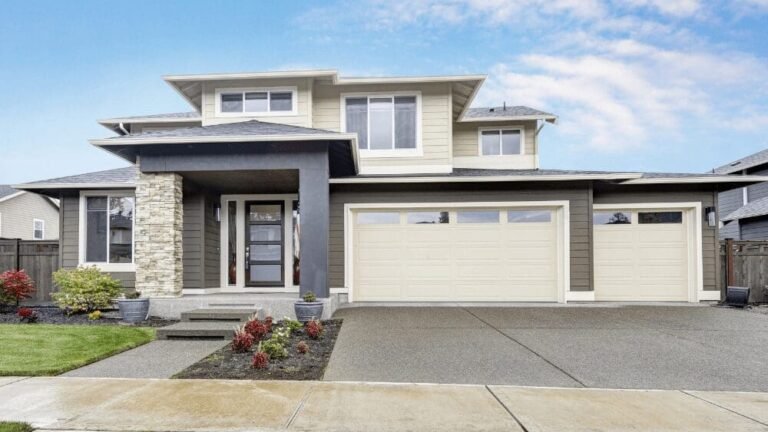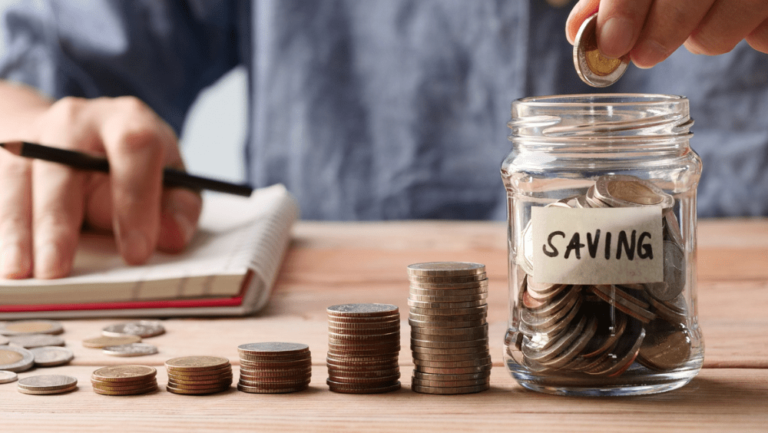[ad_1]
12. How often will you be in communication with me during the process?
A lender who doesn’t call you back probably isn’t one that you want to use to buy a house, so be sure to ask how available they’ll be during this process. Some lenders work as a team, and there may be more than one person you can reach out to, which can be really important if there are some last-minute issues that need to be resolved. You want a lender who will keep you in the loop throughout the entire process.
13. Do you handle underwriting in-house?
Underwriting is the part of the mortgage loan process where the lender reviews all of the documentation you provided for your loan, making sure that everything is correct, there are no discrepancies, and no other documentation is needed. Some lenders do their loan underwriting in-house, which can make turnaround times faster and communication easier. A loan that has to be sent out for approval can add time to your closing date, so if you can find an in-house lender, that’s often an advantage.
14. How do I lock my interest rate, and do I have to pay to lock?
At some point during the loan process, your lender will ask you if you want to lock your interest rate.
This means that your loan’s interest rate should not change prior to closing, whether interest rates go up…or down. That is, unless your rate lock expires — they’re usually good from anywhere between 30 and 90 days. Each lender has their own rate lock policies you should know about.
It’s usually a good idea to lock your rate as soon as you can, unless you really want to take a gamble on the rates dropping. And most lenders don’t charge a fee for a rate lock, so if you talk to a lender that does, it’s a good indication that you should look carefully at their fees to make sure you’re getting a good deal on your mortgage.
If you’re concerned you might miss out on the lowest possible interest rate, ask your lender if they offer a float-down option. Essentially, if this is an option, they’ll allow you to change your interest rate once before closing if rates happen to drop and you can get a better deal.
15. How much will my monthly mortgage payments be?
This question is a crucial one, as your monthly payment is what directly affects how much house you can afford.
Your payment doesn’t just include the principal and interest on your loan, either. It will also include property taxes, homeowner’s insurance, and mortgage insurance if that’s part of your loan.
It’s impossible to know what your exact mortgage payment will be until you’re under contract on a home, your loan has been approved, and you’re nearing the closing table, but your lender can help give you an estimate of what your mortgage payments might look like at different price points.
Whatever you qualify for, you need to make sure you’re comfortable with the payment amount (because you’ll be making this payment for a long time!) — and if you’re not, see what adjustments you can make to help get that payment lower.
16. What happens if I make extra payments toward my mortgage?
Paying extra toward your mortgage can save you thousands in interest and help you pay off your loan faster — but not all lenders apply extra payments the same way. Some allow you to put additional money directly toward the principal, while others may apply it toward future payments instead.
There are key benefits to extra payments:
- Reduce Interest Costs – Since interest is calculated based on your remaining balance, extra payments lower the total interest you’ll pay over time.
- Shorten Your Loan Term – Making extra payments can help you pay off your mortgage years earlier.
- Build Equity Faster – Paying down the principal quicker increases your home equity, which can be helpful if you ever need to refinance or sell.
Some lenders automatically apply extra payments toward future scheduled payments instead of reducing your principal. To avoid this, specify that you want your payments applied to the loan balance. If your lender charges a prepayment penalty, weigh the cost against your potential savings before making extra payments.
17. What lender fees should I expect to pay?
Lender fees can encompass everything from application fees, loan origination fees, and broker fees.
Fees can vary greatly by lender, and they can go up to 3% of the loan amount, which can be substantial! However, some lenders offer competitive fees, so if you’re shopping for a mortgage lender, ask about their lender fees and factor that into your decision.
These fees can add thousands to your closing costs, which can be quite a shock if you aren’t prepared for them.
18. What about those closing costs?
Closing costs, which are separate from your down payment, can amount to anywhere between 2% and 5% of your loan amount. In addition to lender fees, you may have to pay title fees, escrow fees, property taxes (you may need to pay at least a portion at closing, depending on when you close and when taxes are due), homeowners’ insurance premiums (you usually have to pay a year in advance), title insurance, appraisal fees, and recording fees.
“Always find out what your total closing costs are going to be,” says Moskowitz. “I had a situation once where a buyer found out right before closing day that there was an additional $4,000 in closing costs that they didn’t expect.
“We ended up getting both the lender and seller to make some concessions so the closing would still happen, but sometimes it does cause things to fall through.”
[ad_2]
Source link





















